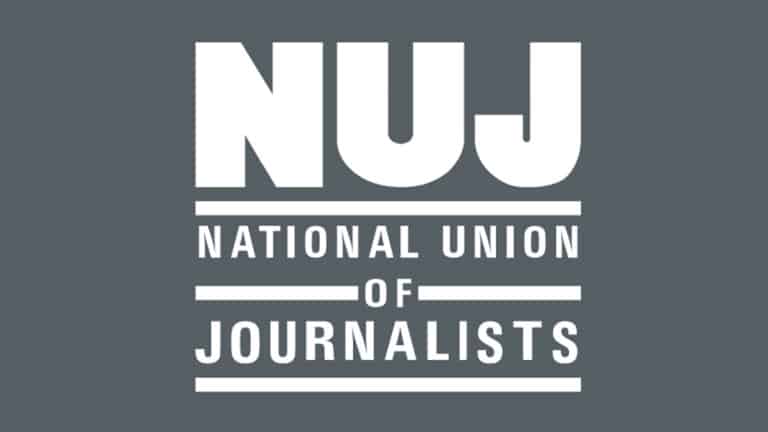The National Union of Journalists says their members must not be “exploited as investigative shortcuts.”
The union has written to the National Police Chiefs’ council after reports that South Yorkshire Police has demanded a photographer hand over images taken during the rioting in Rotherham.
It stated that attempts by police forces to “strong-arm photographers and videographers into handing over images is an affront to media freedom and puts their safety at risk.”
“In a week of widespread public order disturbances and violence, we have seen worrying cases of reporters and photographers targeted in crude attempts to stymie and thwart their legitimate journalistic work,” stated Michelle Stanistreet, NUJ General Secretary.
“We have made clear calls on employers and the police to ensure that media teams on the ground are able to work without interference and in safety.
“Any attempts by police forces to strong-arm photographers and videographers into handing over images is both an affront to media freedom and a strategy that will only serve to further erode the safety of journalists working in challenging circumstances to ensure the public is kept informed on issues of vital public interest. Journalists will not be exploited as investigative shortcuts by the police.”
Stanistreet said the Union had also made representations to DCMS to outline their concerns.
We approached South Yorkshire Police for a comment regarding the NUJ’s claims and they stated:
“A request was made to a photographer, who was present at the violent disorder in Rotherham on Sunday 4 August, to share images taken at the scene. The photographer declined to provide these images with the investigation team.
“As part of our investigation, we are seeking to gather images and footage of the disorder from a variety of sources, including from members of the public and local businesses.
“As part of standard evidential capture, the investigative team looked at other options that could be considered.
“The Police and Criminal Evidence Act 1984 (Schedule 1, Para 2) allows a judge to issue an order requiring a person or organisation to provide material to the police. These orders are regularly granted for phone records, bank accounts and other evidence held by organisations.
“In some circumstances, this act allows the court to require journalists to disclose material to the police. We are considering applying to the court for this sort of order in relation to the images from Sunday.
“If the application is made, the judge will consider the police’s reasons for seeking the material, as well as the concerns raised by the photographer and the National Union of Journalists. We respect the concerns raised by the National Union of Journalists.
“Our priority remains the identification of those responsible for the disorder on Sunday and we welcome any support by those who hold information or have footage or images which could assist.”








